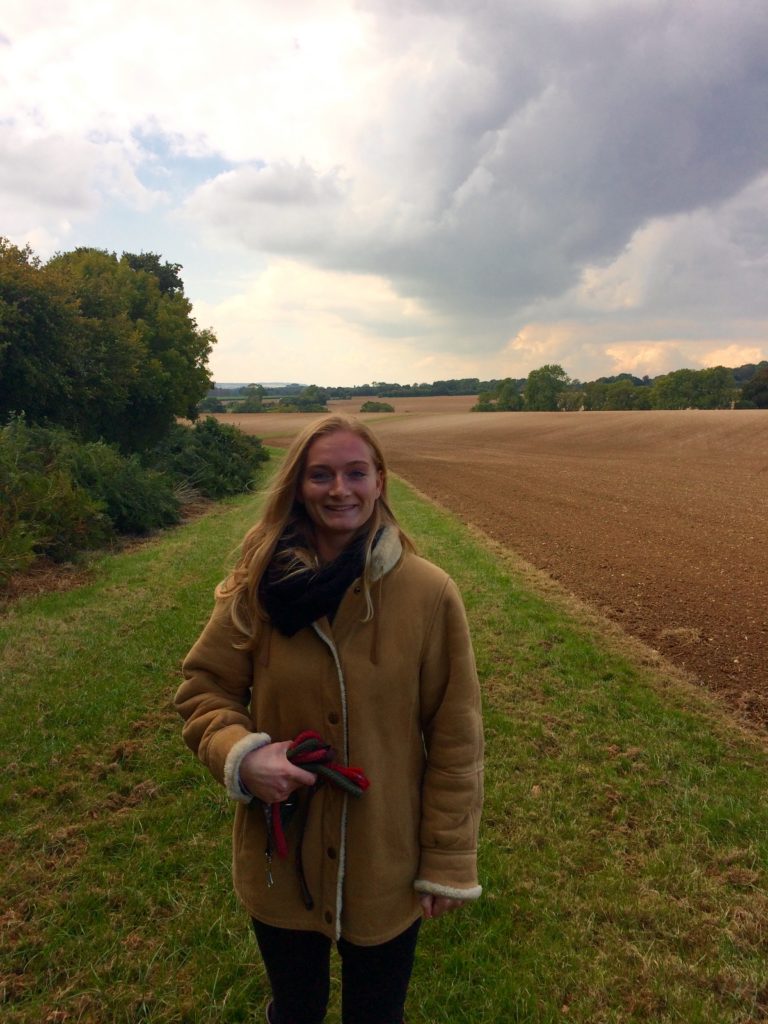I am excited about joining the team at ATE Ghana and look forward to getting stuck in to the challenges ahead as well as getting to know all the volunteers and team members. Not only are their aims worthwhile but their actions are successful and what has been achieved in a few short years is a huge credit to the entire team. I feel enormously lucky to be a part of it.
My initial involvement in humanitarian work was in the capacity of a Forensic Anthropologist. In 2013, I completed a master’s in Forensic Archaeological Science where I learnt how to perform excavations, identify human bones and how to deduce information pertaining to an individual’s identity. It sounds like an unusual vocation but it has taken me to some brilliant places, from Turkish Kurdistan excavating a 2000 year old mass grave to the highlands of Perú. My first experience in forensic investigation was with a Peruvian NGO working in Somaliland, an autonomous region in the north of Somalia where we worked to help locate and excavate mass graves from the Somali Civil War. Since then I have spent four to six weeks every year to help with the excavations, supervise the laboratory activity where the human remains are analysed, and to help teach Somali biomedical students and international field school students in methods of forensic anthropology. One element of the project was to attempt to identify individuals interred in the mass graves, and allow these people to be buried with dignity and in accordance with their beliefs. These experiences were incredibly harrowing but I believed the project to be important and I enjoyed being able to work with survivors and family members.
It was through working with these cases and interacting with the family members of the disappeared that I realised I was more interested in the humanitarian aspect of the project rather than in the archaeology itself. Propelled by these experiences, I began volunteering for a charity that organised and distributed donations to be sent to refugee camps across France, Greece and Turkey. It was through this that I heard about the Filippiada Refugee camp in North-western Greece. I spent just under a month this summer working as an independent volunteer in the camp. The camp is comparatively small with only 400 residents, however over half are under the age of 18. There was so much to be done everyday and the lack of a single governing organisation meant that there were huge opportunities for volunteers to engage in all aspects of camp life and to try and organise programs where they saw a need. It was while working in the camp that I was able to witness how small and large scale NGOs and charities operated on the ground. I was struck by the difference in approach between many of the well-known, larger organisations and the smaller NGOs and what they were capable of achieving in contrast. And for me, this is one of the most exciting and important attributes that ATE has to offer. The high level of community engagement and the grass roots involvement is so important to achieving truly sustainable development and I am thrilled to be part of a charity that is doing just that.
The poverty I encountered in Somaliland and in the refugee camp was striking; the reaches and impacts of which are enormous. The program that ATE has set out in combatting poverty and working towards its reduction is a proven success and the opportunity to take part in working towards the goal of a recognisably reduced poverty incidence in Upper West Ghana by 2020 is immensely exciting.
I look forward to getting to know you all soon,
Best,
Sarah Livesey
